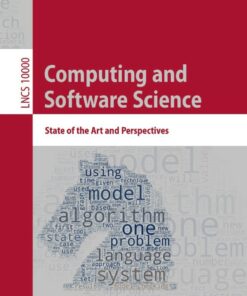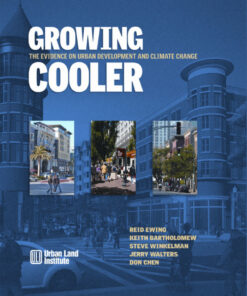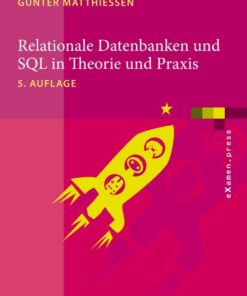What Made Freud Laugh: An Attachment Perspective on Laughter eBook
$17.00
Delivery: Can be download immediately after purchasing. For new customer, we need process for verification from 30 mins to 12 hours.
Version: PDF/EPUB. If you need EPUB and MOBI Version, please send contact us.
Compatible Devices: Can be read on any devices
In her characteristically engaging style, Nelson explores a topic that has fascinated and frustrated scholars for centuries. Initially drawn to the meaning of laughter through her decades of work studying crying from an attachment perspective, Nelson argues that laughter is based in the attachment system, which explains much about its confusing and apparently contradictory qualities. Laughter may represent connection or detachment. It can invite closeness, or be a barrier to it. Some laughter helps us cope with stress, other laughter may serve as a defense and represent resistance to growth and change. Nelson resolves these paradoxes and complexities by linking attachment-based laughter with the exploratory/play system in infancy, and the social/affiliative system, the conflict/appeasement, sexual/mating, and fear/wariness systems of later life. An attachment perspective also helps to explain the source of different patterns and uses of laughter, suggests how and why they may vary according to attachment style, and explain the multiple meanings of laughter in the context of the therapeutic relationship. As she discovers, attachment has much to teach us about laughter, and laughter has much to teach us about attachment. This lively book sheds light on the ways in which we connect, grow, and transform and how, through shared humor, play, and delight, we have fun doing so.
This is a digital product.
Additional ISBNs
9780415998321, 9780203103265, 9781136243806, 9786613899521, 9781283587075, 9781136243752
What Made Freud Laugh: An Attachment Perspective on Laughter 1st Edition is written by Judith Kay Nelson and published by Routledge. The Digital and eTextbook ISBNs for What Made Freud Laugh are 9781136243790, 1136243798 and the print ISBNs are 9780415998338, 0415998336. Additional ISBNs for this eTextbook include 9780415998321, 9780203103265, 9781136243806, 9786613899521, 9781283587075, 9781136243752.









